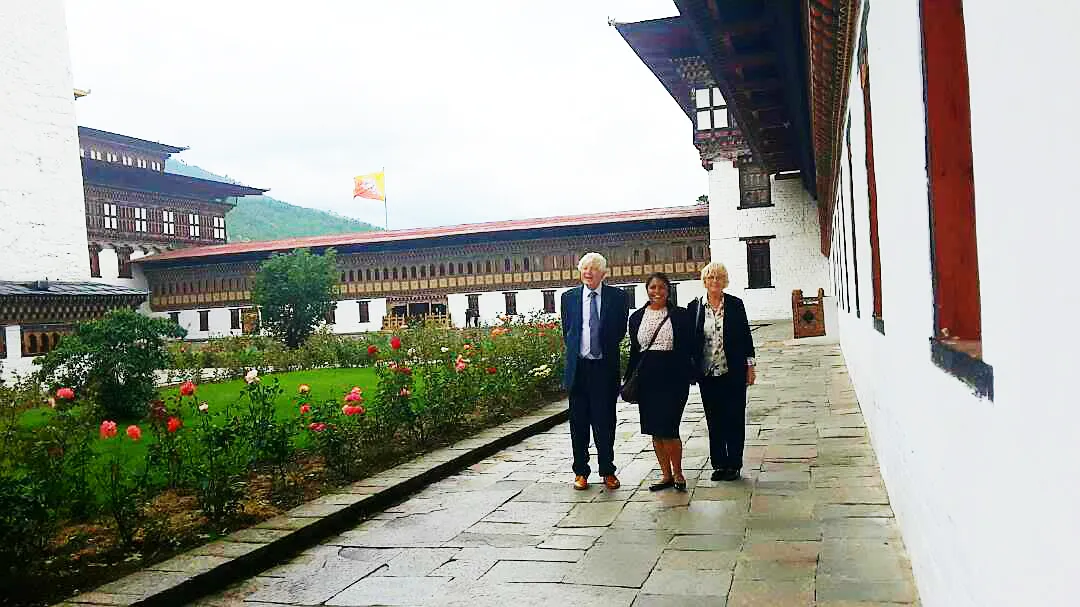Guidelines on Review of Bill for the Parliament of Bhutan

In the first week of September 2017, as two experts from UK Parliament/British Parliament, we were in Thimphu to assist in developing a Guideline for Review of Bill for the Parliament of Bhutan with support of International IDEA. During the course of the assignment we had opportunities to meet with key officials of the Secretariat of Parliament, including the Attorney General, the Speaker of the National Assembly, the Secretary Generals of both the National Assembly and National Council and also with staff members of key departments. On the basis of which two day workshops was organized which helped to identify many key issues facing the Parliament of Bhutan in its work.
During the workshop and subsequent meetings with key officials, it became clear that many problems surrounded the drafting of legislation. Limited consultation by Government Departments meant that bills were narrowly drafted, did not make provision for subordinate legislation after the bill had become an Act of Parliament. There was a noted lack of expertise in drafting so that a great burden fell on the Attorney General’s office. Workshops with National Assembly Members revealed concern at the lack of precision in bills which then left far too much to be decided by lawyers in the Courts. On occasions an Act of Parliament had not repealed overlapping legislation leaving the law far from clear. We clarified the clear processes a bill should follow in Parliament and stressed that legislation had to be exclusive to the area to which it referred. The role of Bill teams and parliamentary counsel or specialists who could help the Ministries in drafting the bill was discussed in great detail. They could also offer assistance in the bill’s passage through Parliament.

Parliamentarians needed professional support in critical analysis of a bill. Their ability to amend bills, participate in debates, ask appropriate questions and scrutinise legislation could be enhanced by a specialist office in Parliament offering support to Members. Bills should have clear and neutral explanatory notes so that Members and the interested public could clearly understand the provision of the bill.
Secondary legislation needed to be considered when only a minor change to a list or a schedule was required. This should offer precise and limited Parliamentary consideration and avoid the need to repeal a whole Act of Parliament. During the workshop, Members expressed difficulty with the Narcotics Act where no provision had been made for minor legislation to permit an addition to the list of banned drugs and the whole Act was therefore challenged.

What Members of Parliament in Bhutan have in common with Parliamentarians all over the world is that they deplored the fact that excessive amount of their limited Parliamentary time was spent too little in examining Government policy and too much on Government Bills. The only answer lay in parliamentarians becoming more skilled in tabling questions, organizing debates, tabling motions, on which they deserved to be served by a specialist office in Parliament whose main concern was to assist Members. Another concern voiced by one lone female parliamentarian in the workshop, Kinley Om, who deplored the fact that although issues concerning women were of widespread concern she was the only woman elected to the present Parliament.
The workshop was a forum for lively discussions and many pertinent questions were openly expressed. Yet, underpinning all the challenges, was the clear identification of the unity of parliamentarians in seeking to translate the major tenets of the unique constitution of Bhutan into effective action.




